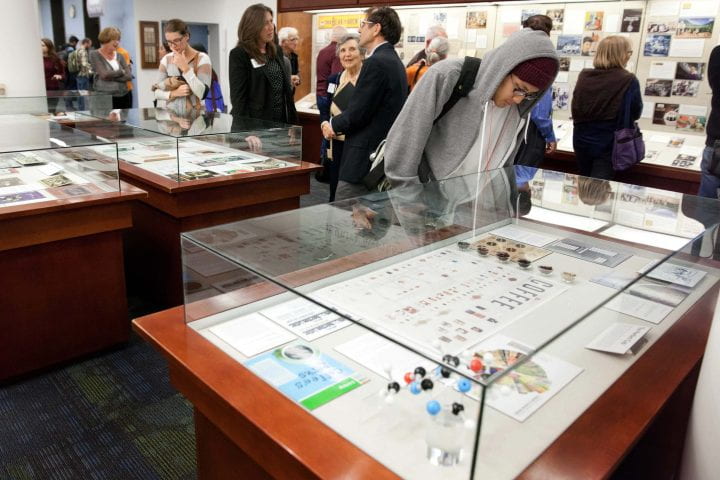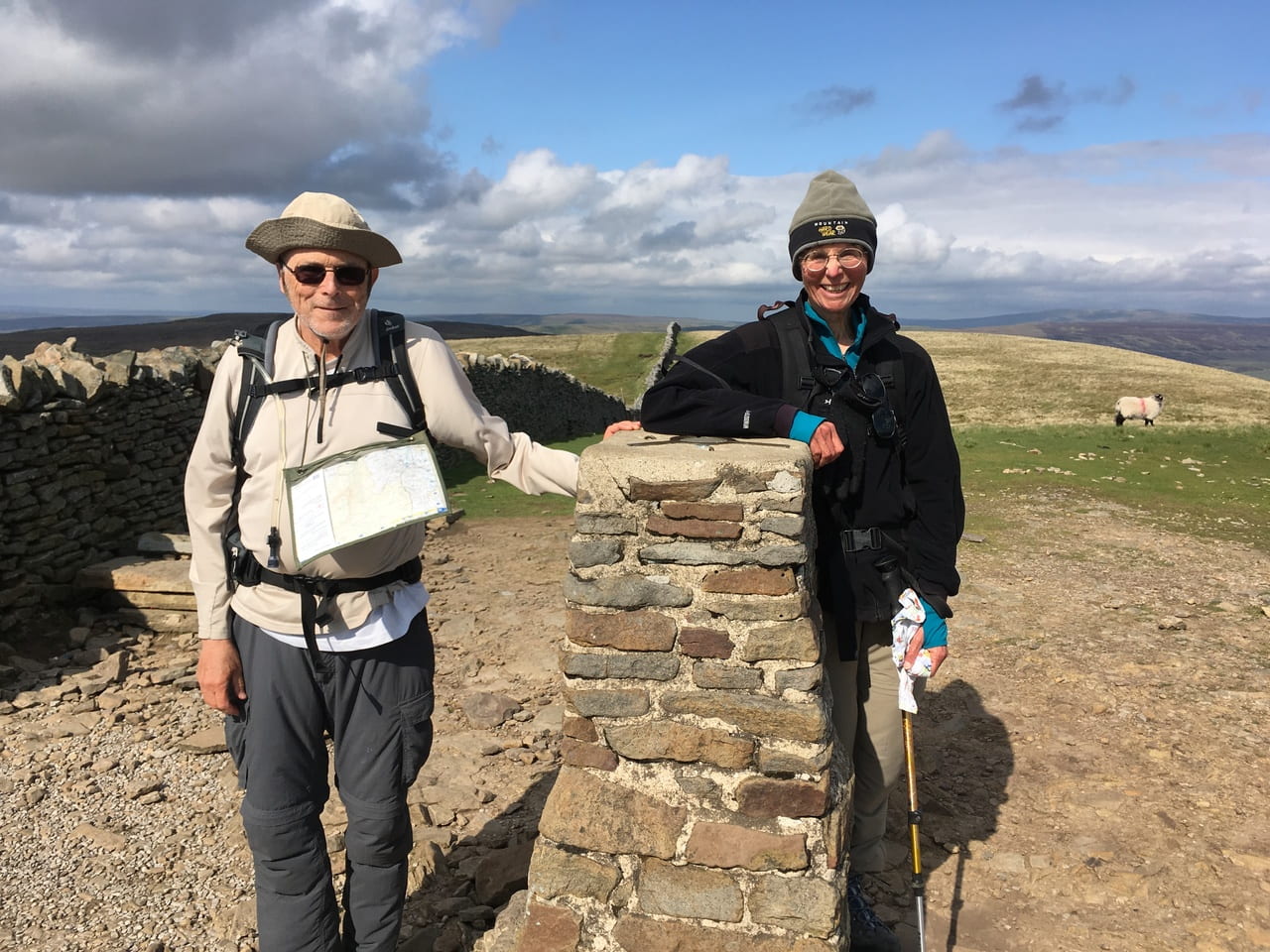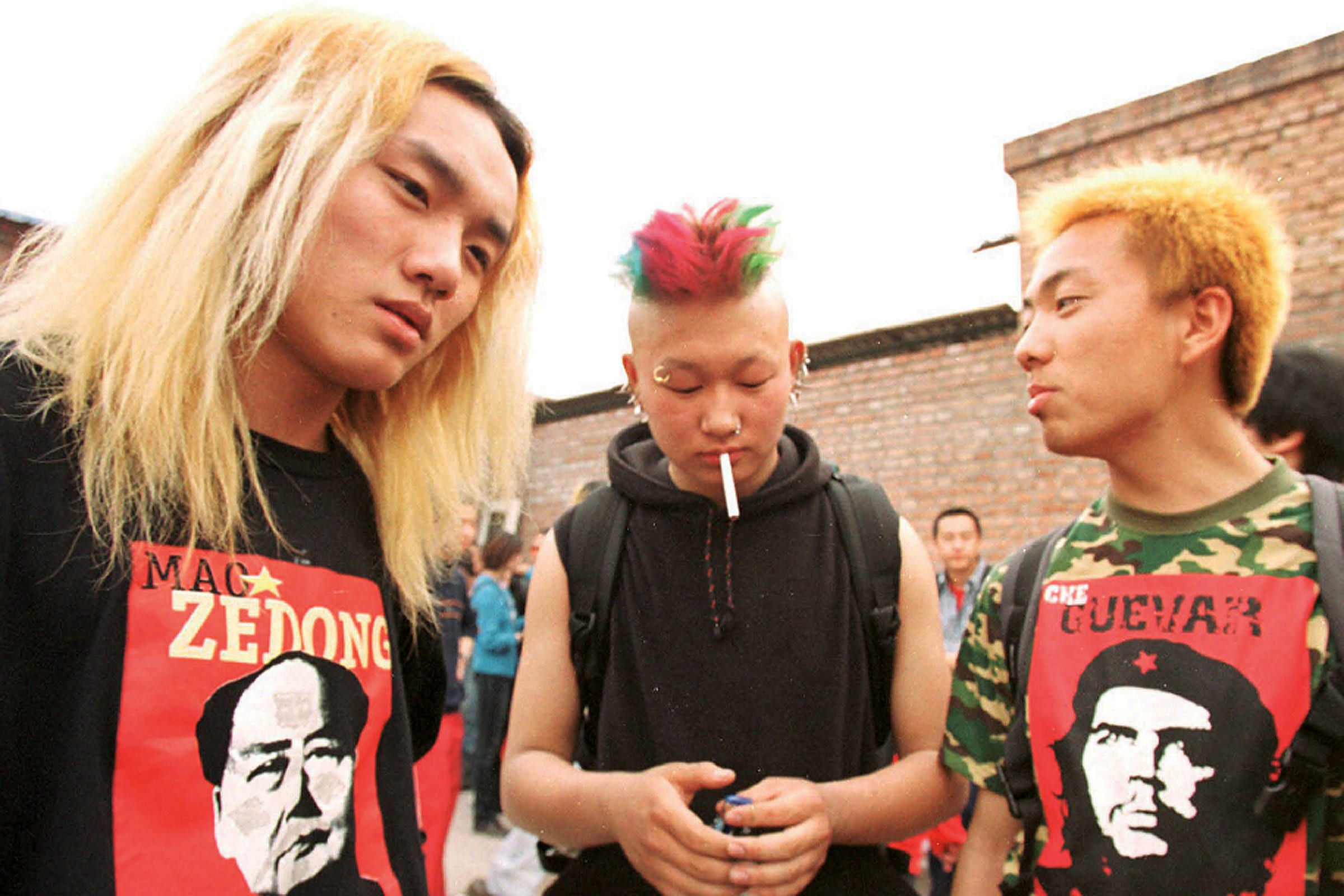The scoop on coffee
UCI Libraries’ fall exhibit traces its history from bean to beverage, Africa to America, cultivation to cultural staple

It’s the best part of waking up and fuel for harried office workers. We’re talking about coffee, taken bold and black or foamy and flavored. The humble bean’s journey from ninth-century Ethiopia to modern-day coffee shops is the focus of the UCI Libraries’ fall exhibit, “From Bean to Brew: Coffee & Culture.”
Steven Topik, UC Irvine professor of history, spoke at the exhibit’s recent grand opening. He teaches an undergraduate course called “Coffee & Capitalism” and has traveled from South America to Southeast Asia in search of history and a java fix.
“We grew up thinking of coffee as just a cup of joe and something that’s inherently American, but in fact it should surprise you. The global spread of coffee from Africa to your coffee cup was … highly unlikely,” Topik says. “There were very steep geographic, social, religious and cultural barriers that stood in the way. Coffee had to ride the tides of world history to get to you.”
He has called the rise of coffee “a case study for the development of the world economy for the last 500 years.” Through the lens of coffee, one can study Islam; European colonialism; slavery in Haiti, Brazil and other countries; the French Revolution (Parisians gathered in cafes to argue for human rights); and the U.S. coffeehouse movement.
Coffee runs deep in Topik’s own family. His grandfather patronized what many consider the first coffeehouse in Germany for his daily dose of brew. Topik was raised in Orange County but, at 12, spent six months in Vienna living above his grandmother’s coffee shop, breathing in the aromatic beans.
Martin Diedrich, a master coffee roaster who founded Kéan Coffee, is a guest speaker in Topik’s course and also spoke at the UCI exhibit’s opening. He touched on modern coffee farming and the fair trade movement, a form of production that guarantees farmers in developing countries a minimum price and links them with importers, allowing them to earn better incomes and hold on to their land.
Diedrich grew up on his family’s coffee farm in Antigua, Guatemala, and operates cafes in Tustin and Newport Beach. He travels the globe to taste more than 800 varieties a year and learn about new roasting processes.
“It’s about taking coffee to a higher level or culinary experience,” he says of his business, “and we thought that my son’s name [Kéan] would be very symbolic of that.”
Items in the UCI Libraries’ fall exhibit include artisanal coffee and tea kettles, posters from the fair trade movement, and a copy of King Charles II’s 1675 Proclamation for the Suppression of Coffee-Houses.
“From Bean to Brew: Coffee & Culture” will be on display through March 2015 in Langson Library’s Muriel Ansley Reynolds Gallery. For more information, visit http://exhibits.lib.uci.edu.


